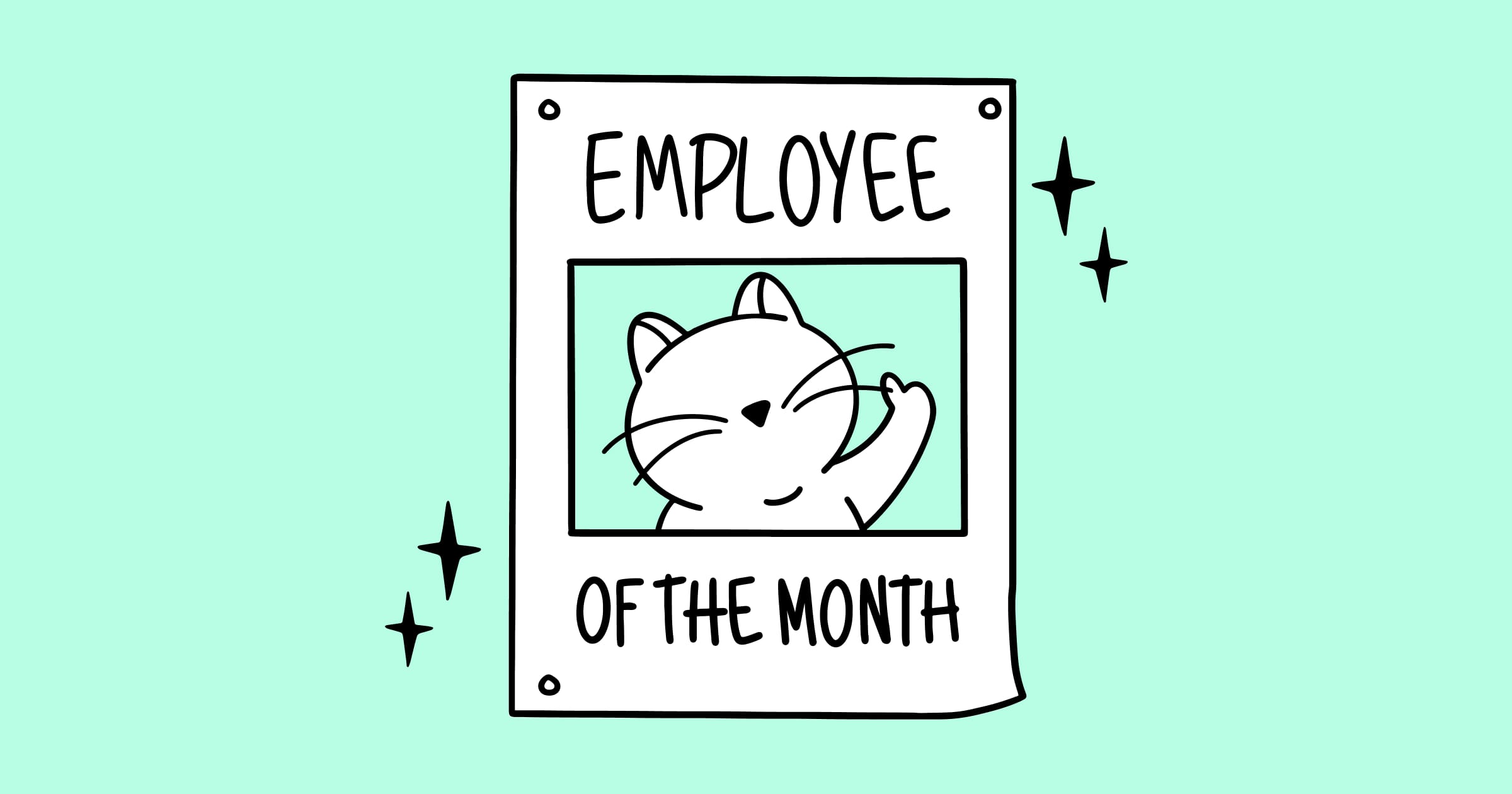January 21, 2025

It’s the best way to future-proof your organisation
The world of work is undergoing a profound transformation, driven by rapid technological advancements, shifting demographics, generational churn in the workforce, evolving markets, and persistent geopolitical tensions. While the Covid-19 pandemic no longer dominates headlines, its lasting effects on workplaces, skills, and economies remain undeniable. Organisations today are navigating not only lingering economic uncertainties that are a direct result of the pandemic but also an increasingly dynamic and unpredictable global landscape.
Today, the single biggest obstacle to business transformation remains skill gaps in the labour market. According to the World Economic Forum’s Future of Jobs Survey 2025, 63% of employers cite skill gaps as the primary barrier to transformation between 2025 and 2030 – a challenge cutting across almost all industries and geographies, ranking first in 52 out of 55 economies and 19 out of 22 sectors.
In this scenario, continuous adaptation isn’t just an advantage – it’s a necessity. And for organisations, that means prioritising learning and development is one of the most effective ways to stay ahead.
There are two main changes with regard to skills. First, the skills expected to be in high demand are skills that automation cannot replace such as soft skills – critical thinking, complex problem-solving, resilience, flexibility, creativity, originality, emotional intelligence and social skills. Second, it is no longer good enough or even feasible for individuals to learn a few skills and flog them for the rest of their work lives. Everyone in the global workforce needs to continuously upskill to stay relevant in today’s workplace.
Moving forward
In this scenario, what are the implications for individuals and organisations?
For individuals, let’s use a software analogy. Just as software is constantly upgraded – a patch here a version there – individuals will also need to regularly upgrade their existing skills to stay relevant.
Similarly, organisations will do well to encourage a culture of continuous learning. There are two very good reasons for that. One, it will help them build a flexible workforce ready to pivot to meet any new challenges, enabling them to be successful. Two, it has always been more costly to hire new people – according to research, hiring new employees can be twice as expensive than upskilling or retraining existing ones – and one can safely say this will not change post-Covid. Given that skills gaps are a very real threat over the next five years at least, organisations that commit to learning and development will be ahead of the curve.
Several organisations have already embraced the challenge. Fifty-eight per cent of respondents of a McKinsey survey published in 2021 say that closing skill gaps in their companies’ workforces has become a higher priority since the pandemic began while 69% of respondents say that their organisations do more skill building now than they did before the COVID-19 crisis.
What can you do?
Here are three simple steps organisations can take to build a future-proof workforce:

Subscribe to our newsletter to receive MuchSkills insights directly in your inbox. Don't worry we will respect your inbox

A practical look at how skills visibility, fair evaluation, and growth-focused conversations reshape the employee experience.

By revealing hidden talent and optimising workforce deployment, skills visibility democratises opportunities and boosts employee engagement and retention.
